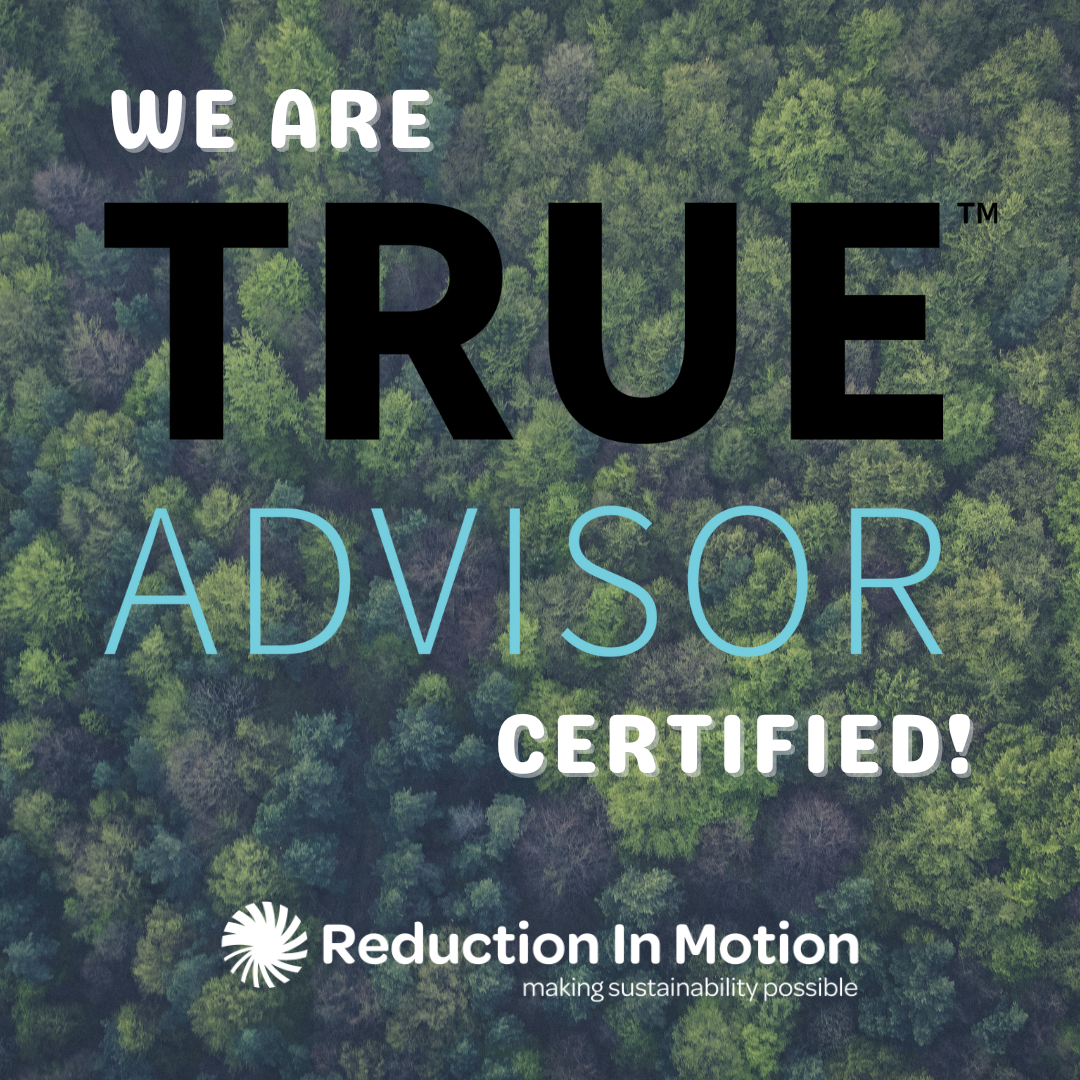Q&A with our President Bill Griffith Part II
Is Reduction In Motion’s scope of work the same for every client?
Not at all. Our clients’ goals and needs dictate our scopes of work. Our full-service program puts our facilitators on-site to implement a comprehensive waste segregation and sustainability program. However, we are willing to create a custom scope of work around any of our services like sustainability reporting, employee training or waste audits.
Who is your ideal client?
Everyone generates waste, so we believe we can help anyone regardless of your unique needs. Our programs are effective for anyone along their sustainability journey, whether a program has been in place for years or someone is just getting started. We are also mobile and can take pieces of our program anywhere. Specifically, if an organization is struggling to control their waste expenses, report data consistently and accurately, or streamline their waste flows over multiple locations; they should call us, today.
What does sustainability mean to you?
Sustainability means something a bit different to everyone. I like to focus on implementing sustainability, which really is all about efficiencies. Finding the most efficient way to do a process, will reduce its impact. Regardless of how efficient you think you get it, you have to always go back to reassess and reevaluate. Much of what we do is focused around the trashcan. Waste segregation and recycling needs to be a cornerstone of any organization’s sustainability program, regardless of industry, because recycling is the first thing most people think of when they think green. We ensure our clients have a strong foundation of waste segregation to build upon and then use our communication efforts to push a larger sustainability agenda. Everyone may not know that a new, highly efficient LED light system has been installed; but everyone will notice the new recycling bin under their desk. Everybody touches the trashcan…sometimes even 10 times a day!
Can’t it be expensive or difficult to recycle?
I believe it can be expensive and very difficult to recycle if an organization doesn’t put together a plan from Day 1 on how the program is to be managed and then stay focused at it. To us, mostly everything can be recycled, reused or repurposed in some way, but the business plan is critical to understanding the cost. I see organizations start programs without seeing the big picture all too often. They’ll have recycling bins collecting clean recyclables in the front, but no infrastructure to separate recyclables in the back, which results in a waste of resources and employee support. A ‘drop and go’ strategy does not work when you’re trying to change employee culture and operations. We put cost-effective, efficient programs in place because we are great planners and facilitators.

Our team of sustainability and waste consultants work together to develop content for our site. Contact us to learn more about something we’ve written about or would like us to focus on in the future.

